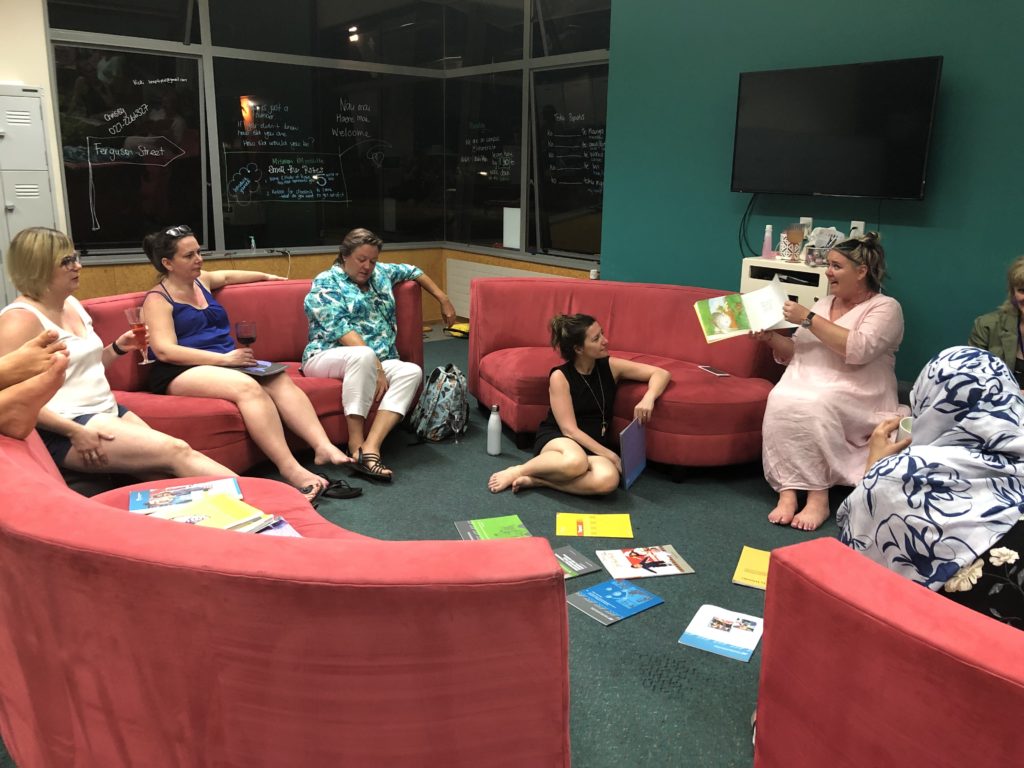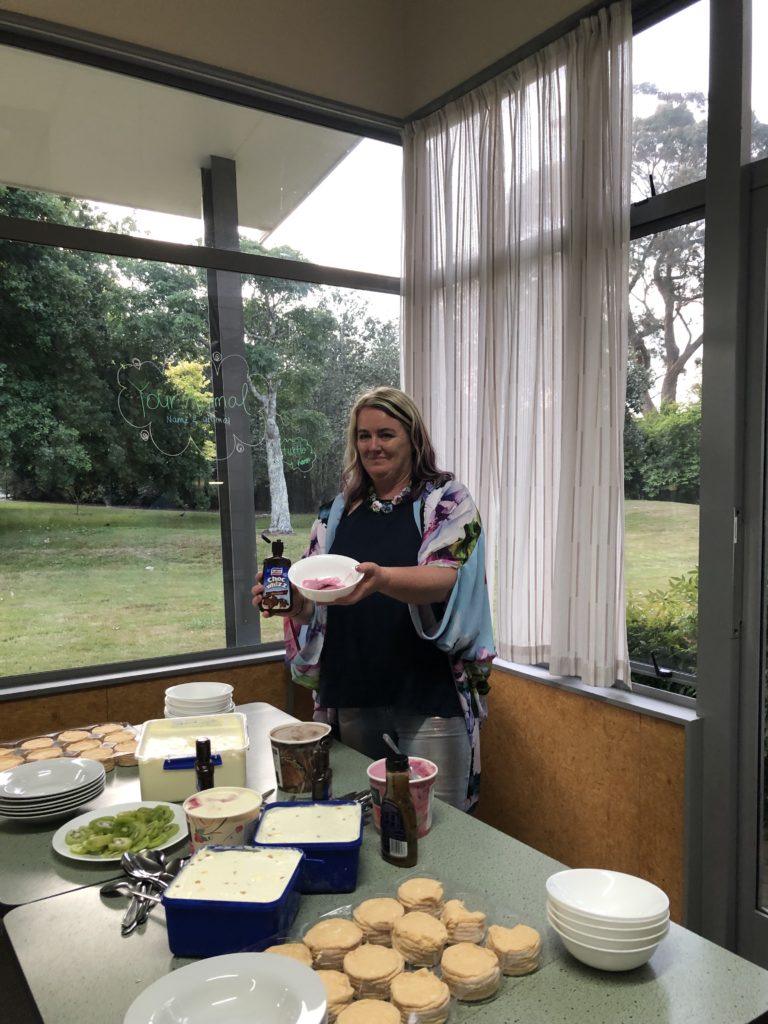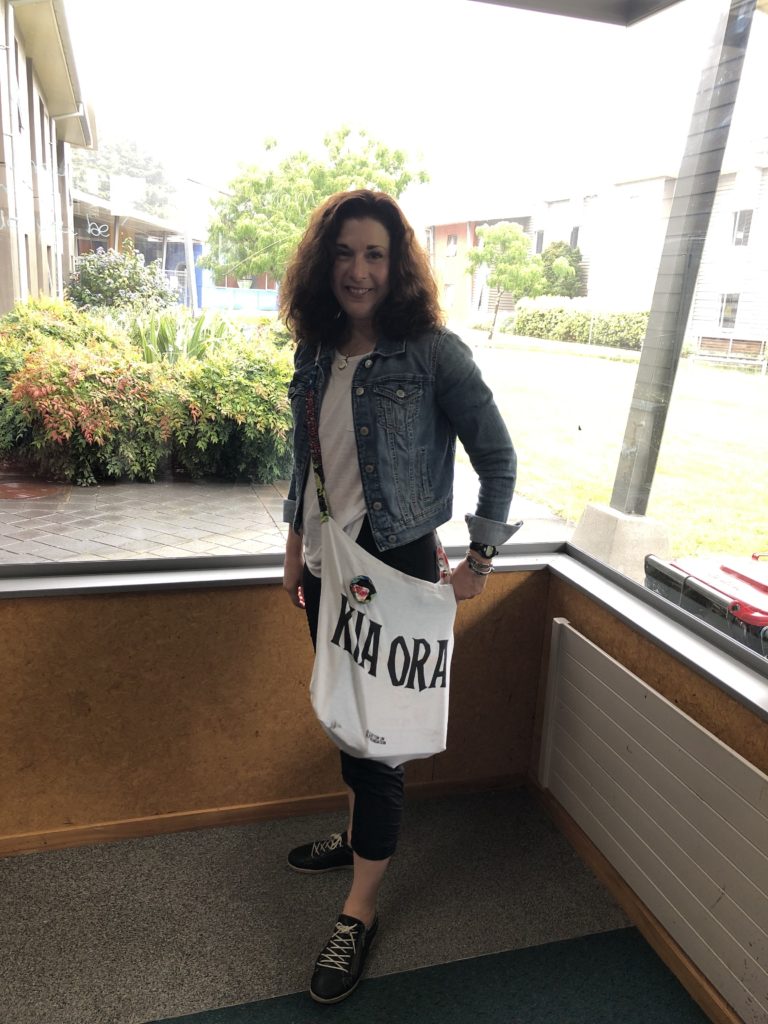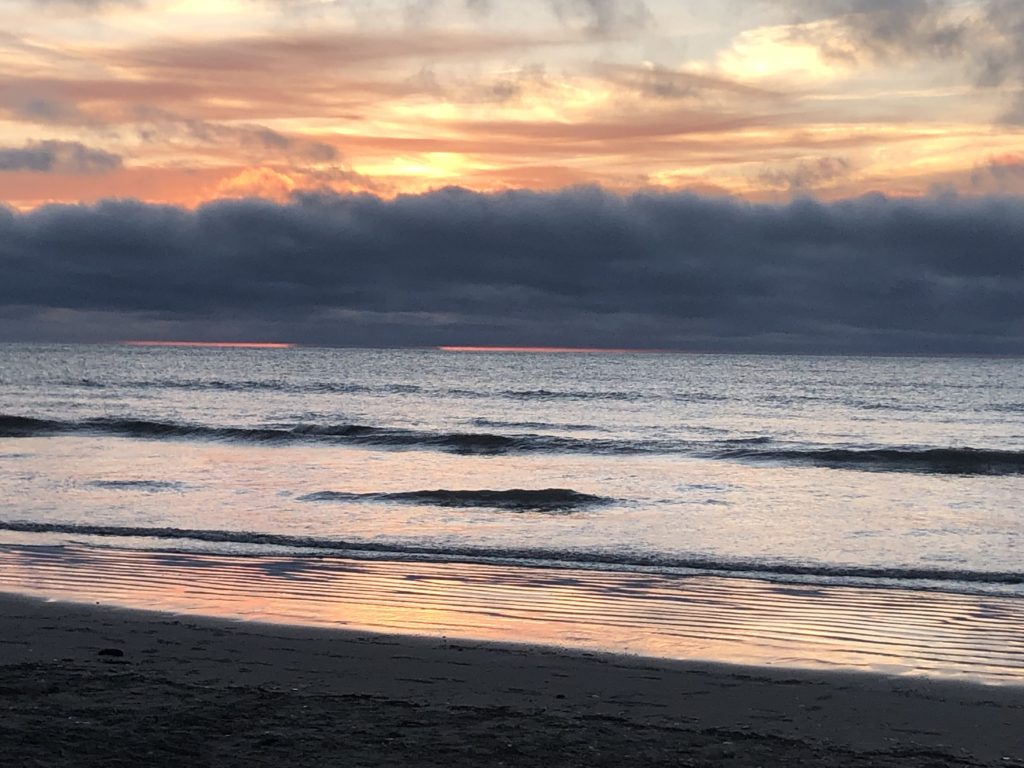ARCQE November 2019 Blog Post
A Canadian Reflection on Early Learning and Care in New Zealand
By Natalie Prytuluk
Last February, I joined a group of 20 passionate and like-minded women on a journey to the North island of New Zealand as part of the second ARCQE early learning and care study tour. The study tour, hosted by the dynamic Chrissy Lepper of LEAP Education, was an opportunity for early childhood educators to come together to experience the New Zealand approach to early learning and care and immerse ourselves in “Kiwi” hospitality and culture. During seven busy and intense days, we were able to listen to and learn from many different leaders and experts, visit a variety of early learning centres, and find out more about the culture, traditions and language of the Maori people of Aotearoa, New Zealand.
Home base was a dormitory at Massey University in Palmerston North. This became the place for conversation, reflection and lots of laughs as Chrissy had us try many kinds of “kiwiana” food experiences. Anyone for pineapple lumps, fish and chips, hokey pokey ice cream, pavlova, watties tomato sauce, and of course, New Zealand wine? I must say, learning about New Zealand was a delicious experience!

Perhaps the most impactful experience was traveling to an authentic Maori Marae, which is a sacred space in which guests are greeted with a traditional welcome ceremony. We also had the opportunity to visit Mana Tamariki, a Maori language immersion school, and meet Brenda Soutar, one of the cultural leaders and founders. Brenda’s belief that Maori ancestors’ worldview provides the greatest guidance to support the future of Maori peoples, was evident throughout this beautiful learning space, filled with symbols and meaning based on Maori culture.
Maori culture was apparent in many aspects of this beautiful country- from signs in the Maori language, to the greeting “Kia ora” everywhere we went, to the intricate carvings, and the curved koru or silver fern symbol adorning jewelry. I had come on the study tour with the intent to learn more about the bilingual Te Whariki Curriculum, which uses a woven mat or Whariki as a metaphor for child development and embraces a shared responsibility to protect Maori identity. I left knowing I have much to learn from this curriculum and how we as Canadian educators might think about our own Indigenous peoples and honoring their stories, knowledge and identity in the work we do with children and families.


Of course, visits to early learning and care centres were what we had all come to see. I was struck by the seamlessness of indoor and outdoor space. Children moved freely between the two, and a much more relaxed relationship with adults hinted at a strong philosophy of children as capable problem solvers and mighty learners. Here are just a few of many images capturing these inspiring environments.
You might wonder how the seamlessness of indoor-outdoor play could be actualized in our northern climate, but it is possible! Check out forest and nature school in Canada. There are some great examples of these types of spaces which embrace our wintery season. And while we don’t quite have the lovely temperate climate that New Zealand has, I’m all for embracing possibilities!
There is so much more I could share, and this is really just a snapshot of a few of the highlights we experienced on this seven day study tour offered by ARCQE. I believe each of us came away with new learnings, more wonders, and a deeper sense of the importance of the work we do as early childhood educators- I know I did.
This Maori saying in the Te Whariki curriculum really touched my heart:
Waiho i te toipoto, kauai te toiroa.
“Let us keep close together, not far apart.”

This speaks to me of the importance of our relationships: with children, families, and with one another as early childhood educators. Whether we are near or far, together we have much to share and to learn. As part of our journey as early childhood professionals, it’s important to collaborate, discuss, and question so we can continue to grow, just as the children in our programs do.
We’d like to hear from you. What professional learning experiences have made an impact on your practice and beliefs?